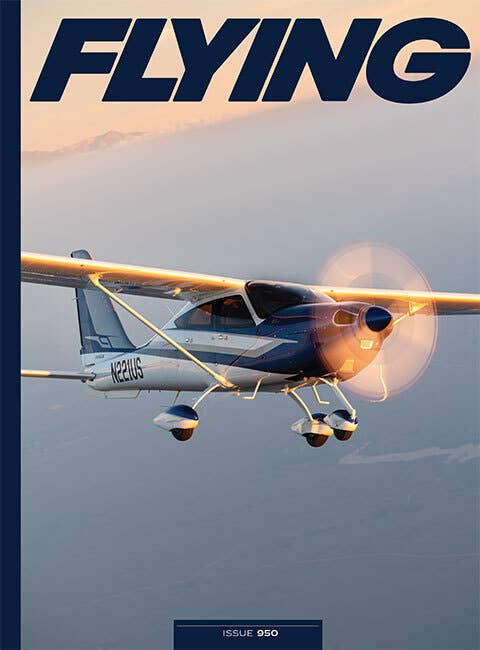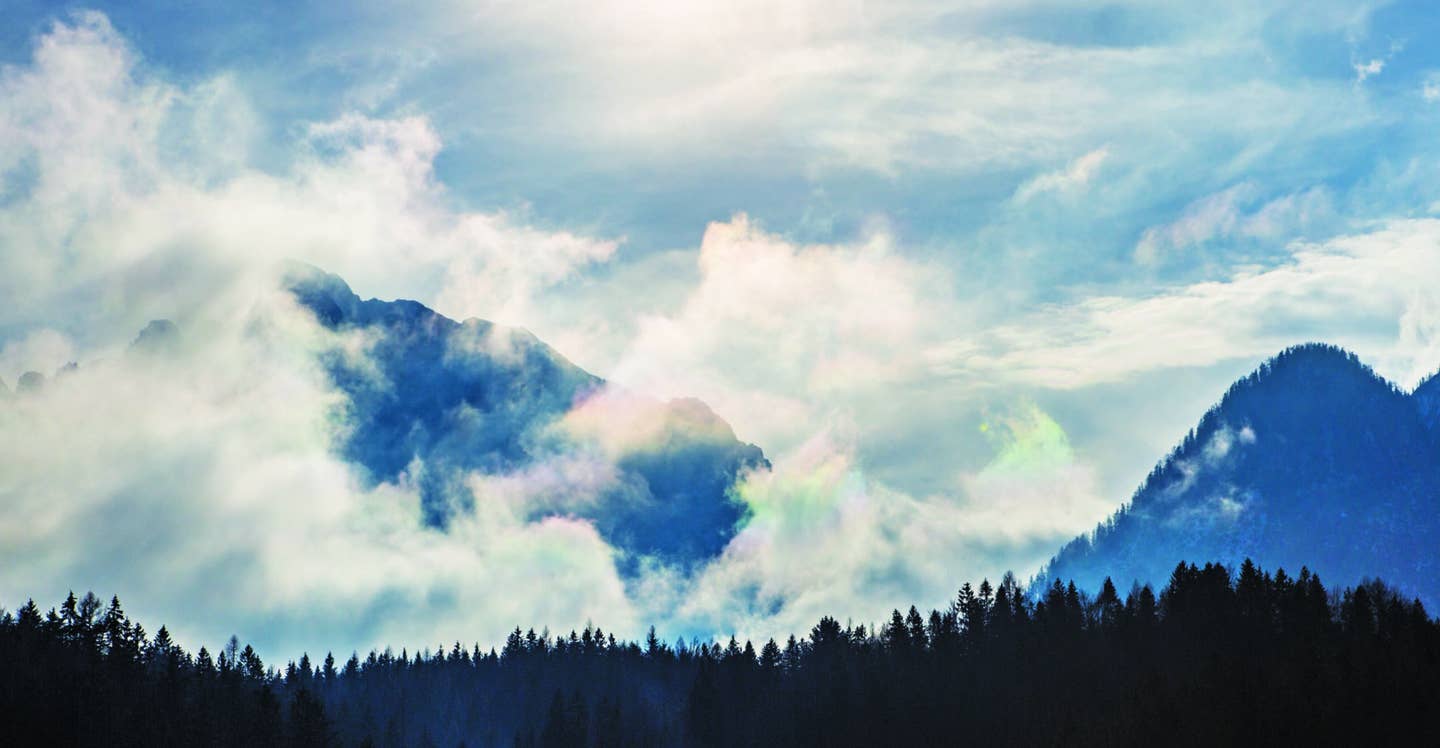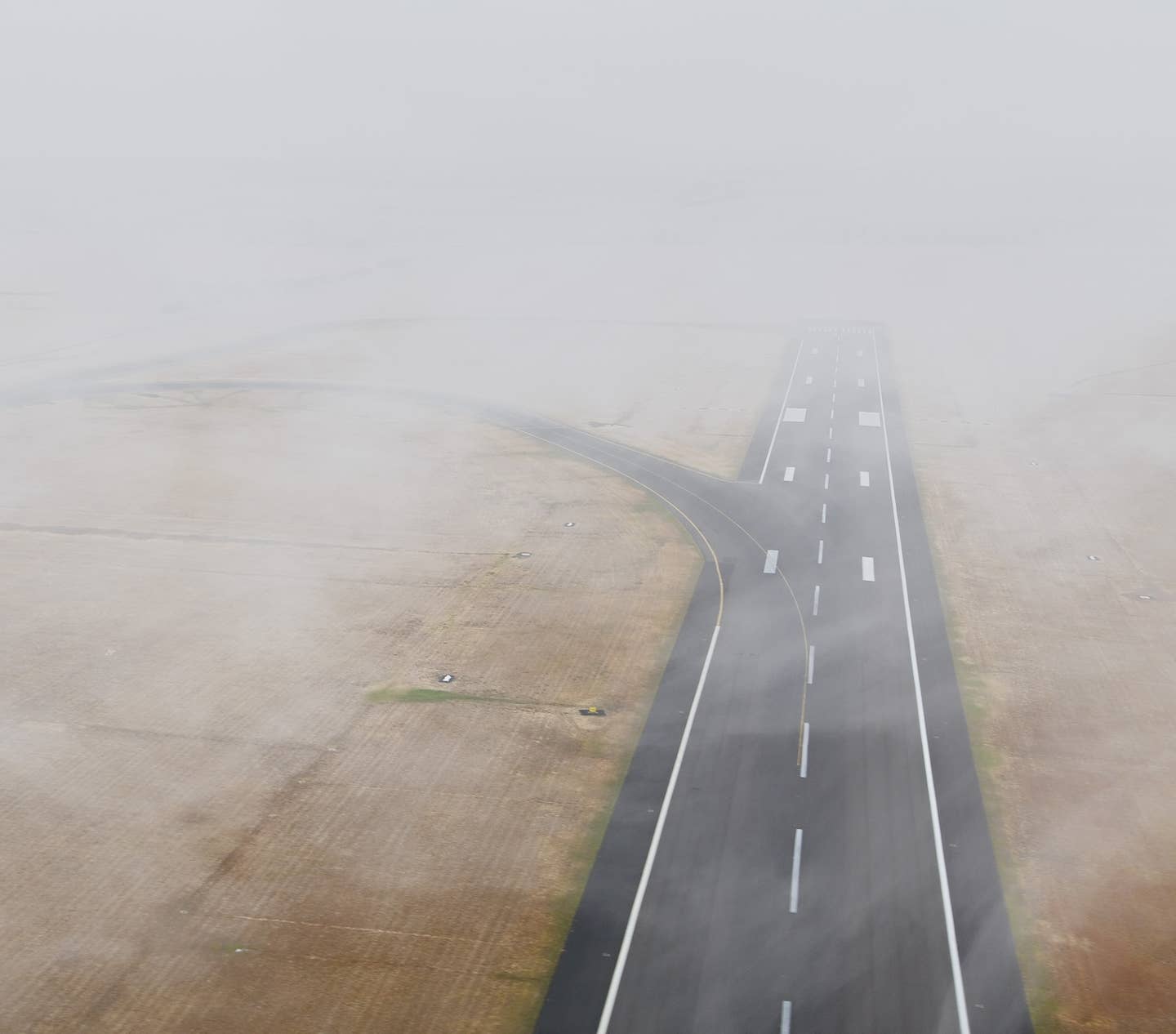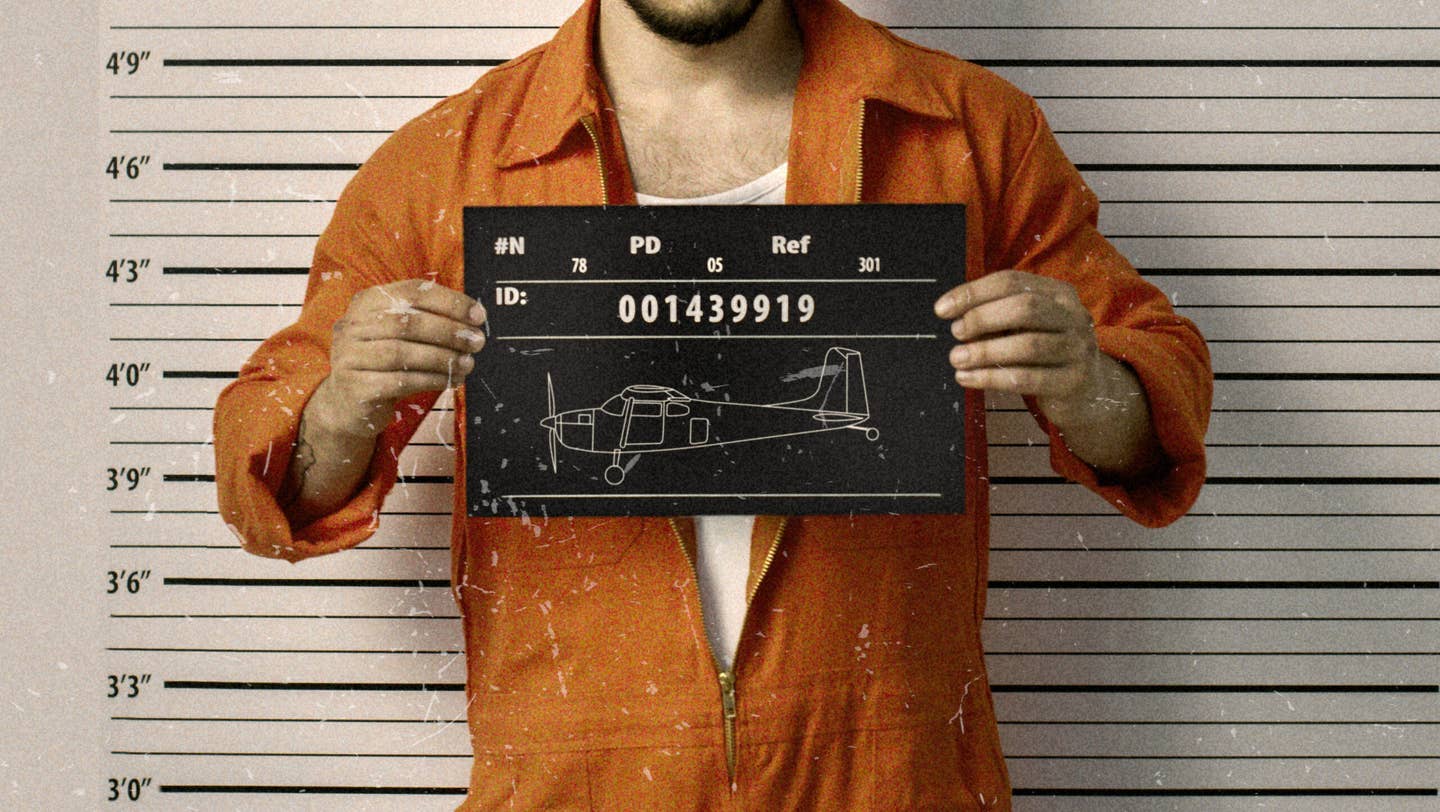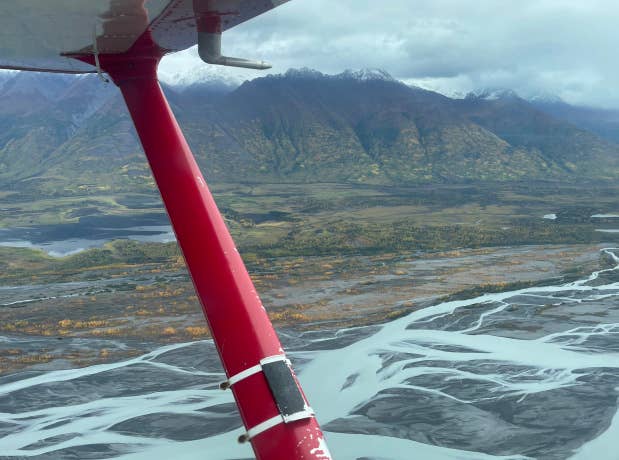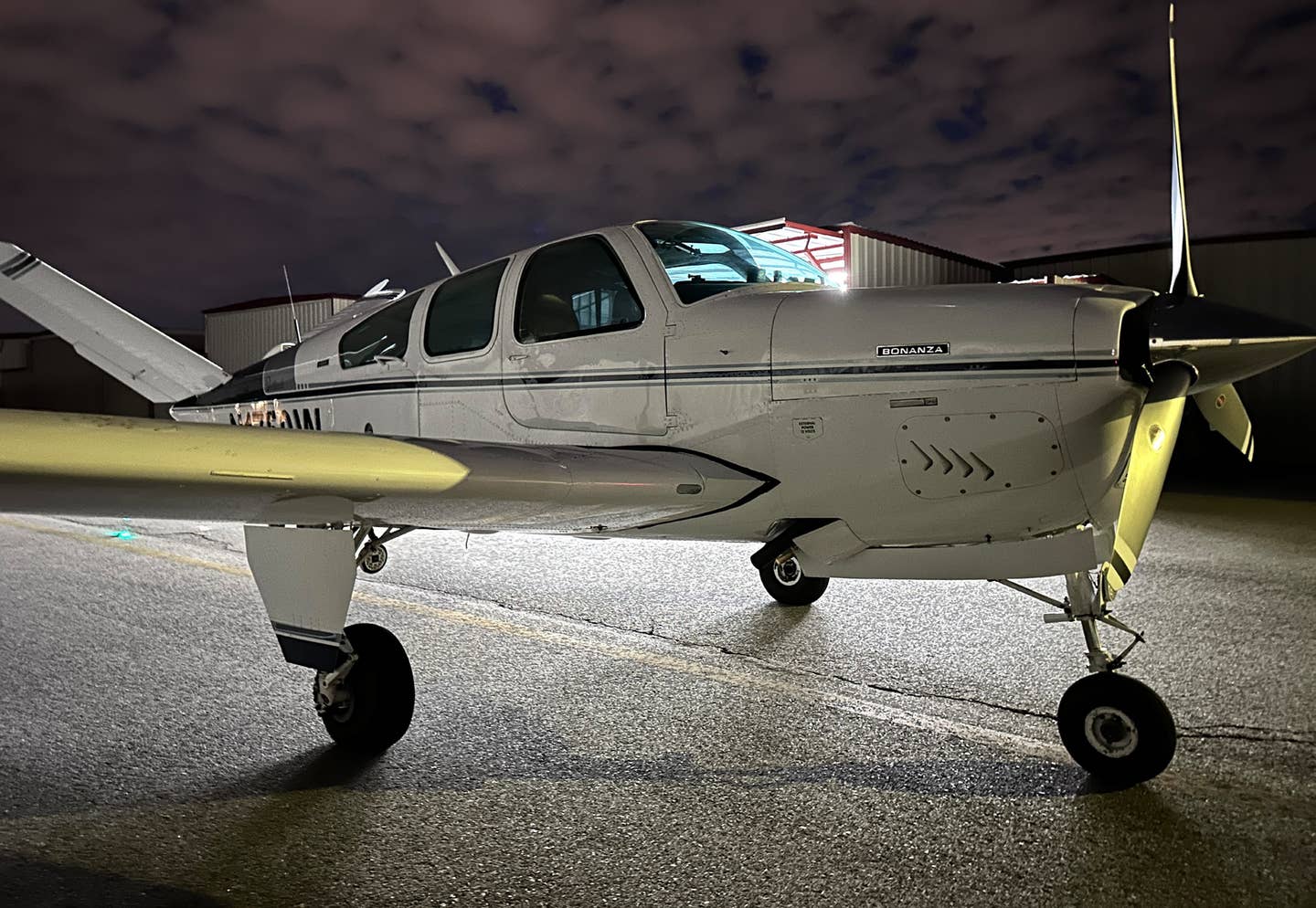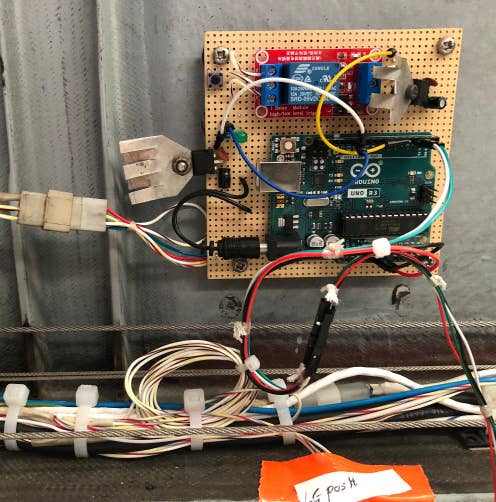Love Affair: The Last Frontier Awaits
A lot goes into planning a flying and motorcycling adventure in Alaska.
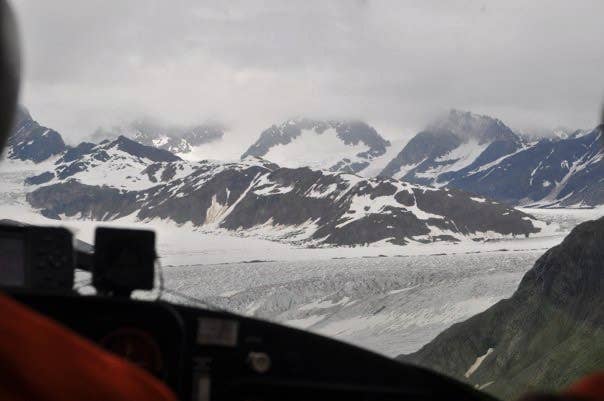
By light plane or motorcycle, the wild landscapes of Alaska have always attracted the curious and adventurous. [Courtesy: Sam Weigel]
My love affair with Alaska began in June 2011, when I rode my old BMW motorcycle there from Minnesota on an epic 8,000-mile round trip.
Alaska was my 50th state to visit, and I had purposely avoided taking the airlines up to the “Last Frontier” in favor of a more adventurous arrival. I had grown up on my dad’s shaggy-dog tales of pushing an ancient Oldsmobile station wagon up the unpaved Alaska Highway of the 1970s. The Alcan, the Yukon—these were fanciful, faraway places that loomed large in an 8-year-old’s fertile imagination. Discovering their real-world counterparts for myself as an adult made for a joyous, memorable journey—all the better for sharing it with my frequent riding partner, Brad Phillips, and my wife, Dawn, on her first big trip on her own motorcycle.
If you're not already a subscriber, what are you waiting for? Subscribe today to get the issue as soon as it is released in either Print or Digital formats.
Subscribe NowAnd yet there was an unexpected element of frustration. As I gained an appreciation for the grand scale and severe beauty of the landscape, so did it become evident that the few roads here are the slenderest ribbons of civilization that barely scratch the surface of the wilderness. All the really interesting bits seemed to start at the untracked horizon. The epic distances also limited the amount of backcountry exploration possible, even if we’d been equipped for off-road travel. This is vast country that begs to be explored by air.
Indeed, the farther north we went, the more we found ourselves in airplane nirvana. Every Tom, Dick, and Harriet we met seemed to own a tricked-out Super Cub or a 185. Light plane traffic was a regular feature even above the loneliest stretches of road. When we got to Anchorage, I went bug-eyed at the vast rows of rugged taildraggers parked cheek to jowl at Merrill Field (PAMR)—a mini-Oshkosh without end. And then more of the same at the Lake Hood gravel strip, plus hundreds of seaplanes and amphibs around the lake. I’d found bug-smasher heaven.
- READ MORE: Finding That Right Pilot Buddy to Bid With
On the return leg of the trip, Dawn and I detoured from the Alaska Highway via the Haines Cut-Off, and then took the Alaska State Ferry down the Lynn Canal to Juneau. There we rented a straight-back Cessna 172 on bush tires, accompanied by a grizzled Alaska veteran of a flight instructor, and set off for several hours of exploration around spectacular Glacier Bay, including a low-altitude inspection of Muir Glacier. It was a highlight of the trip for both of us, and we talked about flying an airplane of our own to Alaska someday.
Five years later, it almost happened. Having decided to sell everything, buy a sailboat, and escape to the Caribbean for a few years, we set off on one last hurrah with our 1953 Piper Pacer. We visited friends in New England, Florida, and Phoenix, explored Mexico’s Baja California peninsula, and revisited old haunts up the West Coast. But then, in Vancouver, Washington, our mid-time O-320 engine nearly self-destructed—I was lucky to land in one piece. Instead of enjoying one last adventure to Alaska and selling the Pacer there at a profit, I sadly gave her up as is/where is, absorbing the $12,000 loss philosophically.
Since then, I’ve spent quite a bit of time up north for work. On the Boeing 757 and 767 I occasionally flew to Anchorage, and since being based in Seattle as a 737 captain, both Anchorage and Fairbanks have featured heavily in my summertime bidding strategy. Of course, Alaskans will tell you that the best thing about Anchorage is that it’s so close to Alaska. I enjoy that proximity, the ever-present GA activity, the scruffy cast of interesting characters to chat up over a brew at Darwin’s Theory, and the occasional hiking or fishing adventure.
When Dawn and I bought our Stinson 108 in August 2022, there was no question of whether we’d fly it to Alaska. It’s a tail-dragging, tube-and-fabric natural for the north country. The question was when? Building our hangar and attached living quarters came first—and that project was largely finished by July of last year. More seriously, the plane was unproven after a complete rebuild. And while the restorer did an excellent job of returning the Stinson to 1946 factory spec (plus modern radios with ADS-B), there were some updates that needed to be made before taking it farther afield.
Since then, I’ve put about 100 hours on the tachometer, with a few minor issues cropping up. My A&P/IA encourages owner-assisted maintenance, which has been great for getting to know the airplane. We’ve added an Airwolf spin-on oil filter, installed shoulder harnesses, retrofitted LED lighting, and swapped out the ancient, venturi-powered turn coordinator for a modern uAvionix AV-30C primary flight display. I’ll never fly the Stinson IFR, but inadvertent IMC happens, and I feel much better having adequate instrumentation to survive a 180-degree turn.
- READ MORE: Exploring New Zealand’s Grand Islands by Air
Weather permitting, we’re taking the Stinson on a shakedown cruise to Northern California in a few weeks. It should be about 13 hours round trip, our first longer cross-country with the airplane. If all goes well, we’ll head up towards Alaska the following month.. The general consensus seems to be that late May to early July is the best weather period, after incessant lows stop roaring ashore from the Gulf of Alaska but before the thunderstorm and wildfire seasons get going. In reality, weather can be extremely variable any time of year in this part of the world, and our itinerary will stay accordingly flexible.
I should be able to bid a work schedule with about three weeks off. There are a few potential routes north. Having regularly plied the coastal route in the flight evels, I’d love to go that way, but the chance of getting a long, reliable weather window (in an area with notoriously poor weather and few airports) is pretty slim. In all likelihood, we will clear Canadian customs in Abbotsford, British Columbia, and head north to Prince George via the Fraser River Valley.
From there we can head northeast to join the Alaska Highway, northwest to the Cassiar Highway, or straight up to Watson Lake via MacKenzie and the infamous roadless Trench. The last two are more direct than the Alaska Highway but feature far fewer airports and little weather reporting. The Stinson’s relative lack of range is a big factor here. We can only do about 300 sm in still air with one hour reserve. We’ll likely need to carry jerry cans.
Frankly, given the potential for lengthy bouts of poor weather, I’ll be happy to just make it to Anchorage, where we have several sets of friends. Anything beyond that is a bonus. We enjoy the Kenai Peninsula and wouldn’t mind exploring around there and visiting family friends in Homer. It would also be nice to get up to Denali in good weather. Time permitting, we’d like to land above the Arctic Circle at Bettles, though I doubt we’ll have the time to get all the way up to Deadhorse or Barrow. If we really hit the weather jackpot, I’d love to visit Prince William Sound and the Gulf of Alaska coastline from Valdez to Juneau on the return leg. We’ll see how it goes.
For the first time in ages, I’ve bought a bunch of paper charts and pubs, as we’ll be in areas too remote to depend on an iPad. Paper is also good for getting a feel for the lay of the land and war gaming various weather scenarios. The plane is nearly ready. I’ve ordered the FCC radio station license and CBP user fee decal. I’m currently getting together camping and survival gear and will shortly begin the weighing and winnowing process. I’m also spending a lot of time looking at flight procedures and weather sources for Canada and the various areas of Alaska.
I’ll admit that I’m a bit nervous. This is a big trip that will definitely stretch my comfort level. It’s the most ambitious thing I’ve done in a light plane in at least eight years, perhaps ever. But most everything I’ve done in my life that was worth doing started out with this exact feeling. In every case I’ve been able to stay calm, take each challenge as it comes, think things through, and come up with solutions that get me through in one piece, usually with some more great stories to tell around the campfire.
With any luck, I’ll have a few more to tell you in the coming months.
This column first appeared in the July/August Issue 949 of the FLYING print edition.

Sign-up for newsletters & special offers!
Get the latest FLYING stories & special offers delivered directly to your inbox

